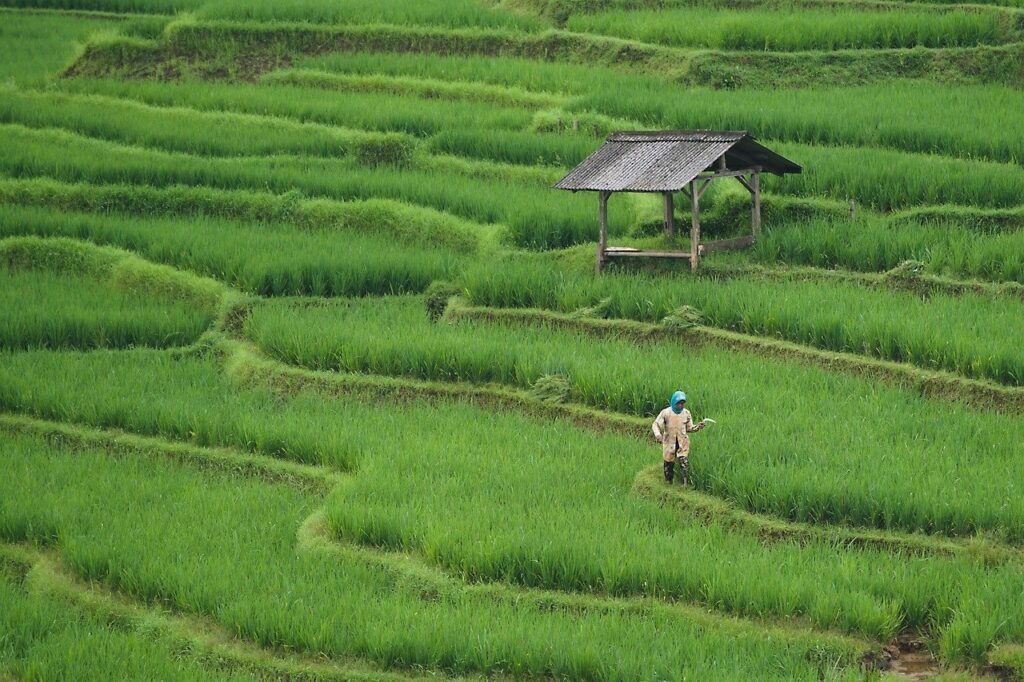In the intricate tapestry of a nation’s development, few threads are as essential and foundational as agriculture. Across continents and centuries, the ability to cultivate the land and produce food has been synonymous with survival, prosperity, and sovereignty. In this article, we explore why agriculture is the cornerstone of a nation’s well-being and why investing in this sector is paramount for sustainable development, with a focus on the poignant situation in Africa.
The Primacy of Food Security
At its core, agriculture is about more than just growing crops; it’s about nourishing populations, sustaining livelihoods, and safeguarding against hunger and famine. The ability to produce one’s own food is the bedrock of food security, ensuring that citizens have access to nutritious and affordable meals. In a world where millions still go to bed hungry each night, agriculture holds the key to addressing this pressing humanitarian challenge.
The African Paradox
Despite possessing vast tracts of fertile land and abundant natural resources, many African nations find themselves in the paradoxical situation of relying on food aid from outside sources. While the continent has the potential to be a breadbasket for the world, inefficient agricultural practices, inadequate infrastructure, and lack of investment have hindered its ability to feed its own people. This reliance on external assistance not only perpetuates cycles of dependency but also undermines the dignity and self-sufficiency of African nations.
The Backbone of Society
Agriculture is not just an economic sector; it is the backbone of society, providing employment opportunities, preserving cultural heritage, and fostering community resilience. In rural areas, where agriculture is often the primary source of livelihood, investments in farming can catalyze broader economic growth, reduce poverty, and narrow socio-economic disparities. Moreover, by empowering smallholder farmers, especially women and marginalized communities, agriculture can promote social inclusion and gender equality.
Towards Economic Independence
For nations aspiring to achieve economic independence and sustainable development, investing in agriculture is not just a choice; it is a necessity. By harnessing the potential of their soil, water, and climate, countries can unlock new pathways to prosperity, reduce dependence on food imports, and enhance national resilience to external shocks. Moreover, a vibrant agricultural sector can serve as a catalyst for industrialization, as raw agricultural products become the building blocks of value-added industries and agro-processing ventures.
Leadership and Vision
Realizing the transformative potential of agriculture requires visionary leadership and strategic planning. African leaders, in particular, must prioritize agricultural development as a cornerstone of their national agendas. By investing in modern farming techniques, agricultural research and innovation, rural infrastructure, and market access, these leaders can unlock the full potential of their nations’ agricultural resources and chart a course towards a brighter future for their citizens.
Conclusion
In conclusion, agriculture is not just about growing crops; it’s about cultivating independence, nourishing communities, and building resilient nations. For Africa, a continent blessed with abundant natural resources, investing in agriculture is not just a matter of economic prudence; it is a moral imperative. By harnessing the power of their soil and investing in the prosperity of their farmers, African nations can break free from the shackles of food insecurity and pave the way for a future of self-sufficiency, dignity, and prosperity. As the saying goes, “He who feeds you controls you.” It’s time for Africa to reclaim its food sovereignty and forge a path towards a brighter, more sustainable future.




